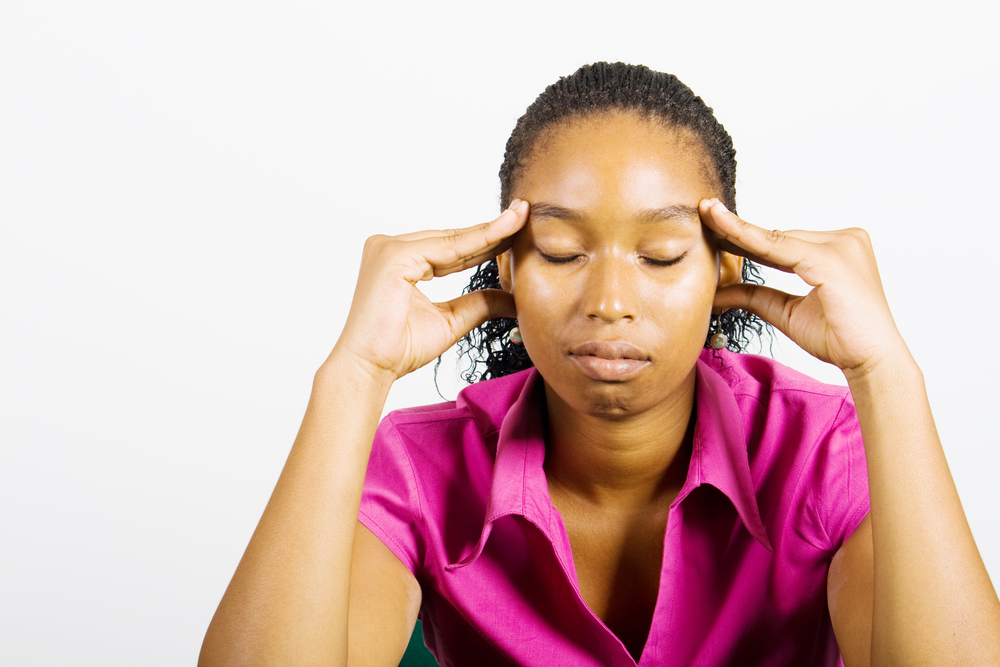A few months ago, I started writing about my mental health as a Nigerian woman accessing therapy for the first time. What seemed like a simple trip to address mood disorder turned out to become a Bi-polar diagnosis. How did I get here? Like I said, It started about one year ago. I was aware that there was something very unbalanced in the way I functioned and I would finally come to learn the specific name: bi-Polar disorder type 2.
Type 1
People with bi-polar disorder type one have extreme mood swings. They have maniac episodes which manifests as boundless energy, euphoria, a feeling that they are invincible. In rare cases, when people fall into maniac episodes, they have to be admitted into a mental care hospital. However when they get into depressive moods, the patients become suicidal.
Type 2
With bi-polar type 2, the maniac episodes are not as severe, so it is called hypomania. In my own case, whenever i woke up in those moods, the world becomes unusually bright. I feel “high,” energetic and I get a lot of work done. I also make very foolish and sometimes costly decisions because I am overly happy. This lasts anywhere between two days to one week. Sadly, what follows is depression which keeps me totally paralyzed in bed for days. I thought it was normal but thankfully I got help.
So What?
What has changed? I am on two medications, one of them acts to contain my moods and the other helps with the depression. The major way in which the medications have altered my behaviour is that I am unable to get excited about anything. Sometimes, I imagine the medicine pressing down any feeling of joy. The lack of joy doesn’t mean I am sad either, I just don’t feel anything. Like my friend would say, I am in a perpetual state of “meh.”
To be honest, there are days when I miss the “highness” I miss how much work I do in those my unusually energetic periods. I mean, I could sit at my desk and work for 8-9 hours without breaks. I’d feel bouncy and smile at any and everything. But the depression that comes afterwards is simply not worth that “high,” neither are the terrible decisions I make during those episodes. These days, when I get depressed, I am able to pull myself from it unlike before when it felt like I was locked inside my head.
Looking Ahead
I think it’s important that we get rid of the stigma associated mental health conditions. People tend to think that once you have a diagnosis, you walk about with your hair unkempt and your fingers black with dirt. But bi-polar patients are normal people. They go on dates, fall in love, write, paint, get promoted at work – and better still they can do all these when they get the help they need.
As for me, I am so glad I took the trip that helped me achieve more stability. The doctor is still working with me and she has said that as time progress, I might begin to feel little doses of excitement. Fingers crossed!
